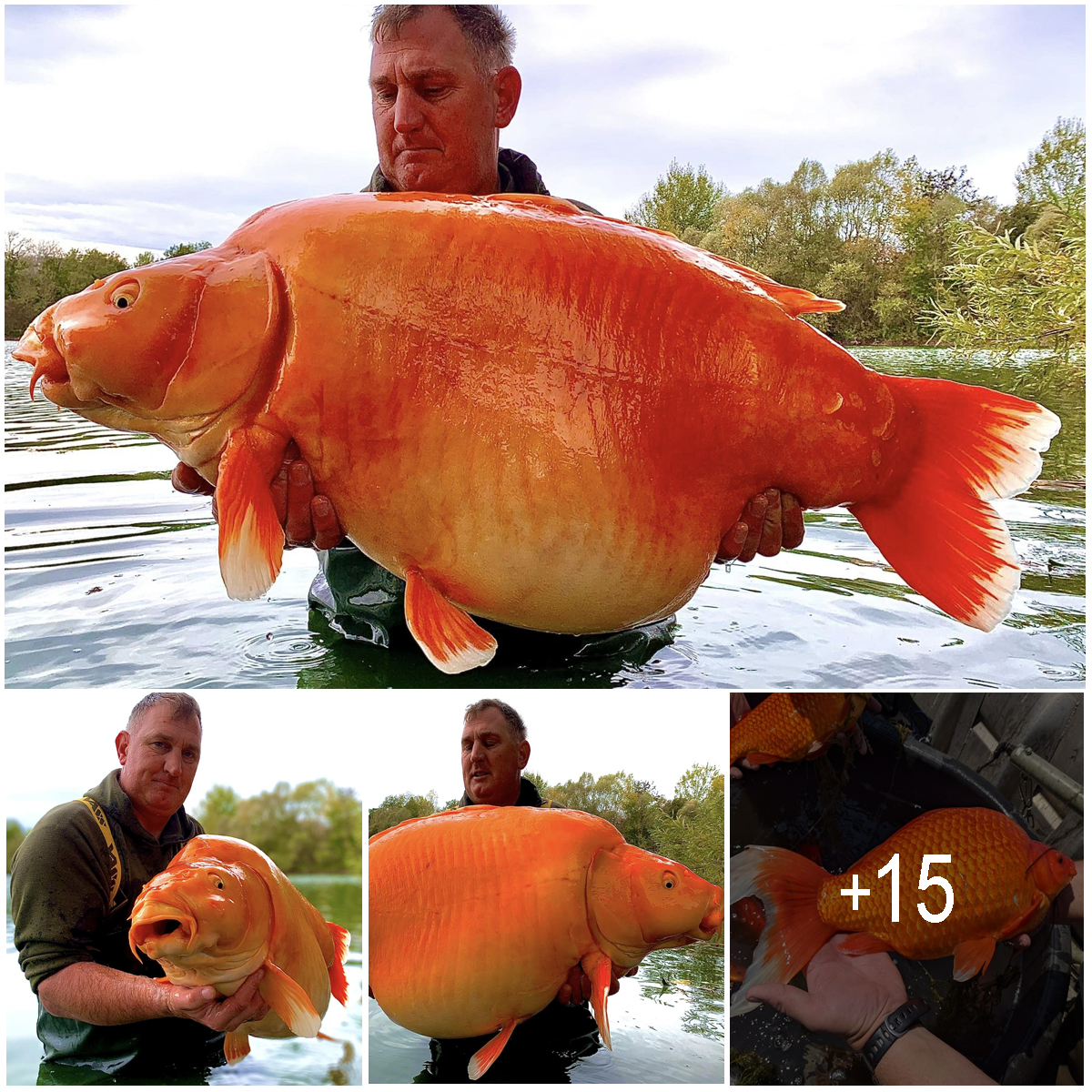
The ocean is a vast, mysterious place that has always fascinated scientists, photographers, and divers alike. With over 70% of the planet’s surface covered in water, there is still so much to discover and explore. Blackwater photography is a unique way to explore this mysterious underwater world, as Taipei-based photographer Wu Yung-sen has shown us.


Yung-sen has been deep-sea diving and photographing marine life for four years now, and his recent blackwater dive in Anilo, Philippines led him to a rare and stunning discovery. While in the icy, pitch-dark depths, he encountered a rare larval Wunderpus octopus, a species only officially described in 2006. The young octopus was in a lifecycle phase where its head was translucent, allowing Yung-sen to capture an image of the octopus encasing its own brilliantly red brain. This remarkable sight is rarely seen in the wild and is a testament to the power of blackwater photography.

Blackwater photography is a unique technique used by enthusiasts to capture the unusual and solitary life forms found in the open ocean. To do this, a boat is taken out to sea until the depth exceeds two kilometers. Lights on long lines are lowered first, then divers descend while remaining tethered to the boat for safety and stability. The lights first attract microscopic zooplankton, which in turn draw small planktonic creatures that feed on the minuscule organisms. Jellyfish, squid, and larval fish drift in to feed under the suspended light. In blackwater photography images, such as those of Yung-sen, the tiny marine life appears isolated against an endless expanse of darkness. Up and down are indistinguishable as the strange species hang suspended under the single light source.

Yung-sen’s blackwater photography is a way to explore the limits of the natural world that are unseen by many. He has also won the Taiwan National Award in the Sony World Photography Awards for his image of migrating salmon in British Columbia, Canada. His passion for wildlife photography brings aquatic wildlife to a global audience, and his octopus photo is a remarkable example of this.

In an exclusive interview with My Modern Met, Yung-sen explains that the most difficult thing about blackwater photography is finding creatures. It is a matter of luck to encounter them, and taking photos in a gravity-free environment feels like chasing alien creatures up and down. However, the fun of shooting in blackwater is that you can meet unknown larvae. Most of these larvae have exaggerated and transparent looks, and some even expose their organs. Yung-sen hopes that everyone can understand this strange and beautiful new world through his photos.

For Yung-sen, the larva of Wunderpus octopus is his most memorable photo. Unlike the adult, the head of the larva is very large, and the body is transparent. When the larva opens its tentacles completely, it is a sight to behold. This rare encounter and stunning image captured by Yung-sen is a testament to the allure and beauty of blackwater photography.








